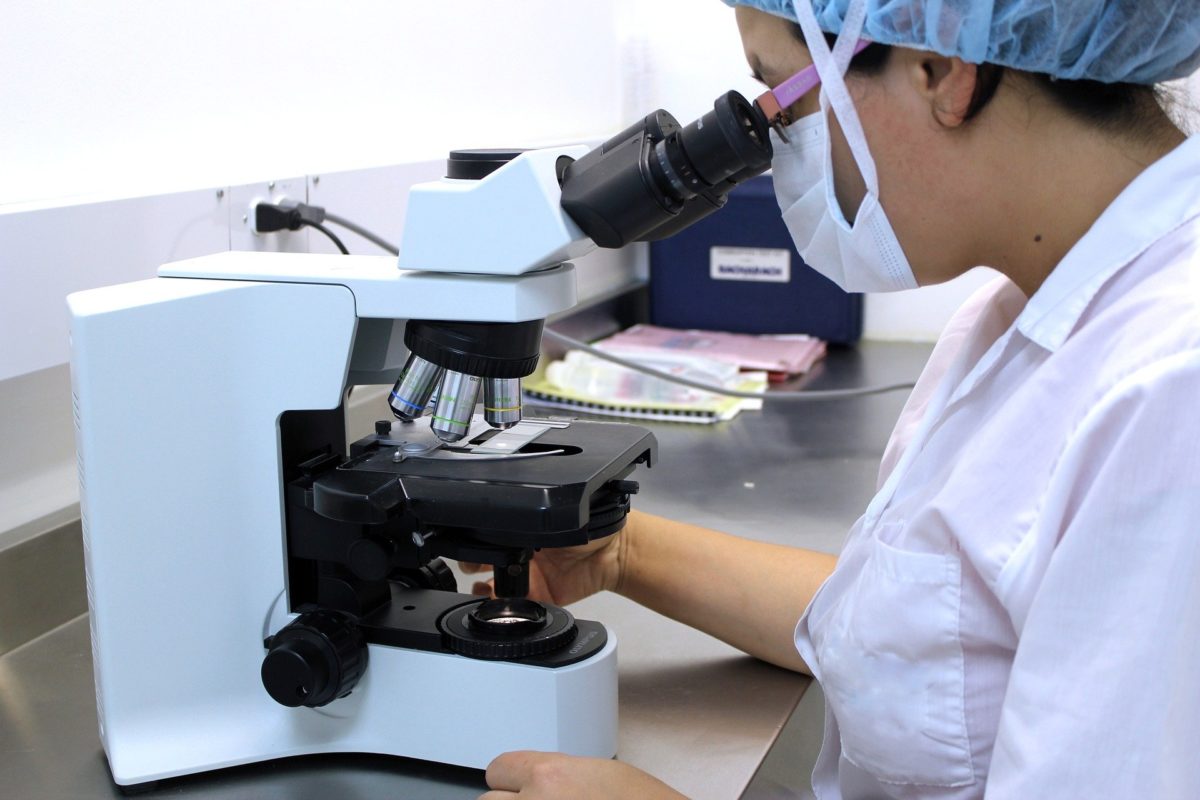Twelve early-to mid-career researchers have been awarded Rutherford Discovery Fellowships that will support them to accelerate their research careers in Aotearoa.
The research programmes of the new fellowships span a wide variety of interesting topics, including research into:
- increasing our understanding of how silicate minerals capture and release carbon dioxide
- how we retain women in software engineering
- what shapes the diversity and universality in music and language, and what that can teach us about the cultural and biological evolution of music around the world
- drawing on information embedded in Antarctic ice cores samples and maramataka Māori lunar calendar to better understand past and future environmental changes in the Southern Ocean.
The Rutherford Discovery Fellowships seek to attract, retain and develop New Zealand’s most talented early-to mid-career researchers and support their career development by helping them to establish a track record for future research leadership.
Among the 2022 Rutherford Discovery Fellowship recipients are:
- Dr Mathew Anker, Te Herenga Waka – Victoria University of Wellington, for research entitled: Lanthanide(II) Hydrides for Nitrogen Fixation and Ammonia Production
- Dr Julie Deslippe, Te Herenga Waka – Victoria University of Wellington, for research entitled: Plant-soil interactions, biodiversity and mountain ecosystem function in an era of global change
The research summary for Dr Anker’s research says:
When we think of fossil fuel products we often think of petrol, oils, and plastics. But do you think about kai? Half of global food production currently relies on ammonia fertilisers made from fossil fuels. The fossil fuels used in ammonia production account for 1% of global carbon dioxide emissions. In comparison, air travel – a common climate talking point – accounts for about 2.5% of our global carbon dioxide emissions.
The research summary for Dr Deslippes research says
Climate change and species invasions threaten the stability and biodiversity of mountain ecosystems in Aotearoa and around the world. Plants are the gatekeepers of the vast reservoir of carbon in soils, but the stability, composition and diversity of plant communities depends on a close ecological relationship with their symbiotic soil fungi, called mycorrhizas. Plants trade sugars with mycorrhizal fungi in exchange for soil nutrients, with these interactions having profound effects on plant survival, growth, and interaction with other plants and animals. Plant-mycorrhizal interactions are likely to be the key mechanism that determines the response of mountain ecosystems to climate change, but they remain poorly understood by scientists
More information on the new Rutherford Discovery Fellows and statistics about the funding round is available at royalsociety.org.nz/RDFs.
One of the selection panellists, Professor Clemency Montelle, is a former Rutherford Discovery Fellow herself and knows first-hand the value of being awarded a Fellowship.
Professor Montelle said:
“Being awarded a Rutherford Discovery Fellowship is an immense recognition. It is a substantial investment in individuals to intensively pursue their world-class research programmes at a critical stage in their careers. But beyond this, it is an opportunity to be part of a very special group of young New Zealanders who are not only deeply ambitious for their discipline but also highly driven to make a profound and substantial impact on Aotearoa, its international reputation, and the wellbeing of its people.”
The Chair of the selection panel, Associate Professor Marama Muru-Lanning said:
“It has been a privilege to meet and work with scholars who were shortlisted for the Rutherford Discovery Fellowships. They are remarkable people in so many ways. I have great hopes for this year’s successful group and look forward to seeing them thrive and give service to Aotearoa-New Zealand and humanity.”
Royal Society Te Apārangi manages the Rutherford Discovery Fellowship programme on behalf of the New Zealand government.
The Rutherford Discovery Fellowship scheme receives government funding from the Ministry of Business, Innovation and Employment of $8 million per annum and awards $800,000 over five years to each research fellow. There are at least 50 Rutherford Discovery Fellows supported at any one time.
This year, the Fellowship is helping bring one applicant back to New Zealand to establish a successful research programme here.
Source: Royal Society of New Zealand












